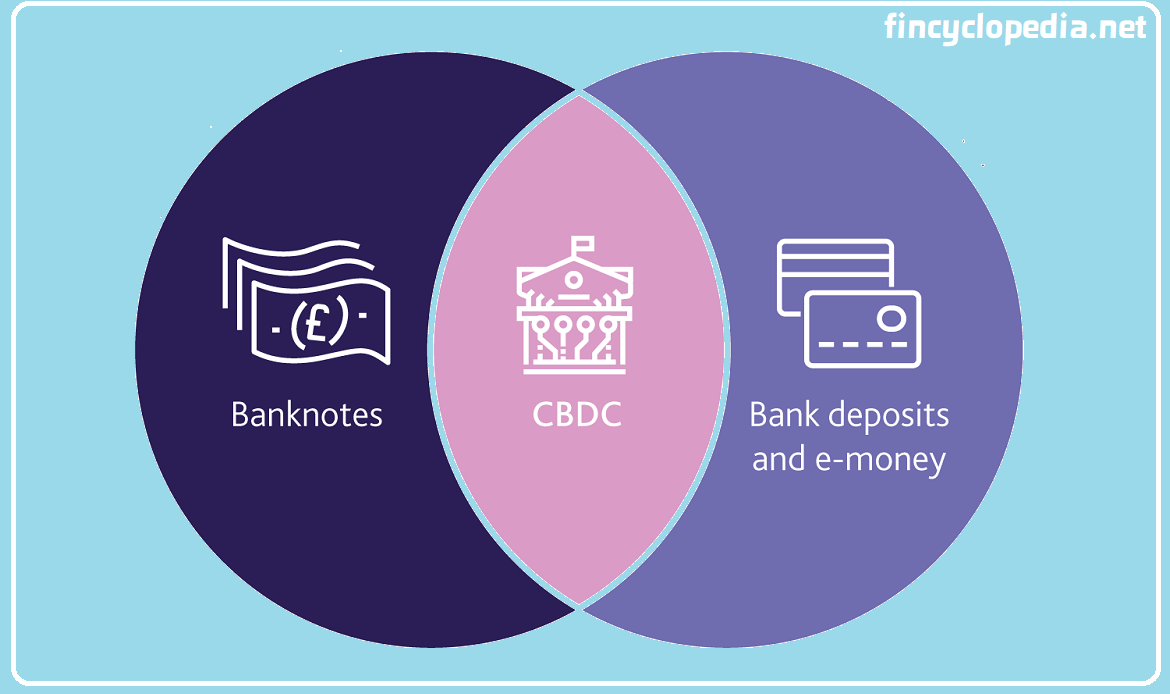The interest rate on a certificate of deposit (CD). It is the rate paid by a bank to depositors for funds locked until a specific maturity. By definition, certificates of deposit (CDs) are time-deposit accounts that represent low-risk savings vehicles where deposited funds are locked (at the CD rate at account opening) until maturity, at which time the money may be withdrawn altogether with the accrued interest. However, withdrawing deposited amounts prior to maturity may result in early withdrawal penalty fees
The CD rate is determined by a bank taking into account the minimum rates on deposits imposed by regulators, the deposit size, the deposit life, competitors’ rates, etc. For example, most CDs with higher rates require larger minimum deposits. Also, a depositor who has an account with the bank may be offered better rates and terms on the agreement.





